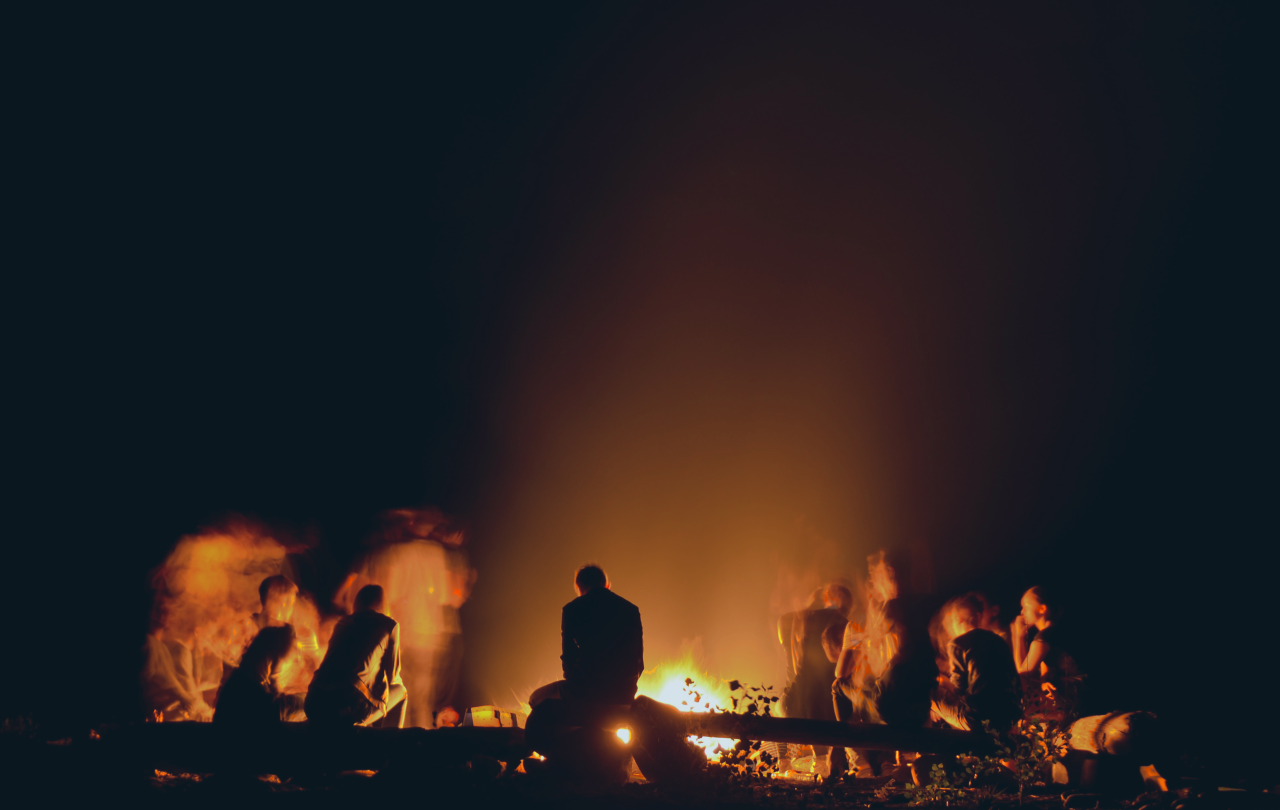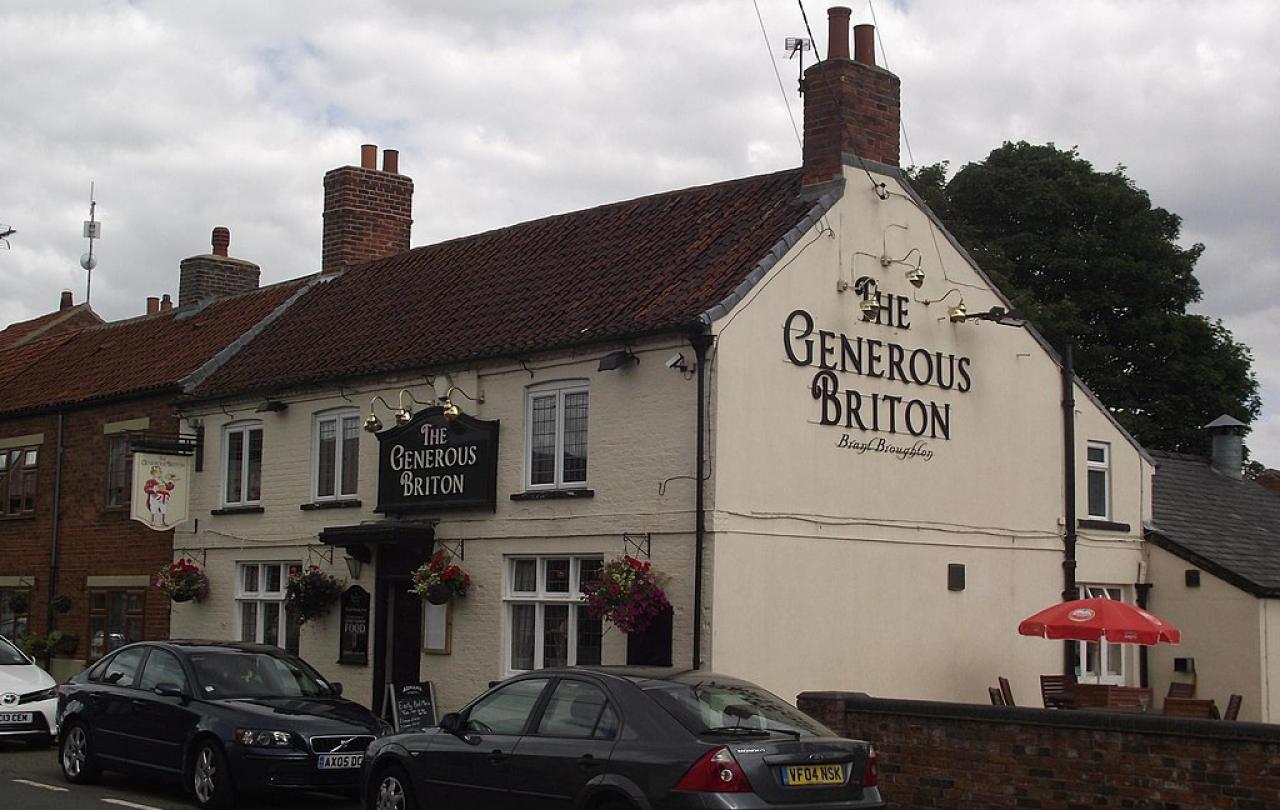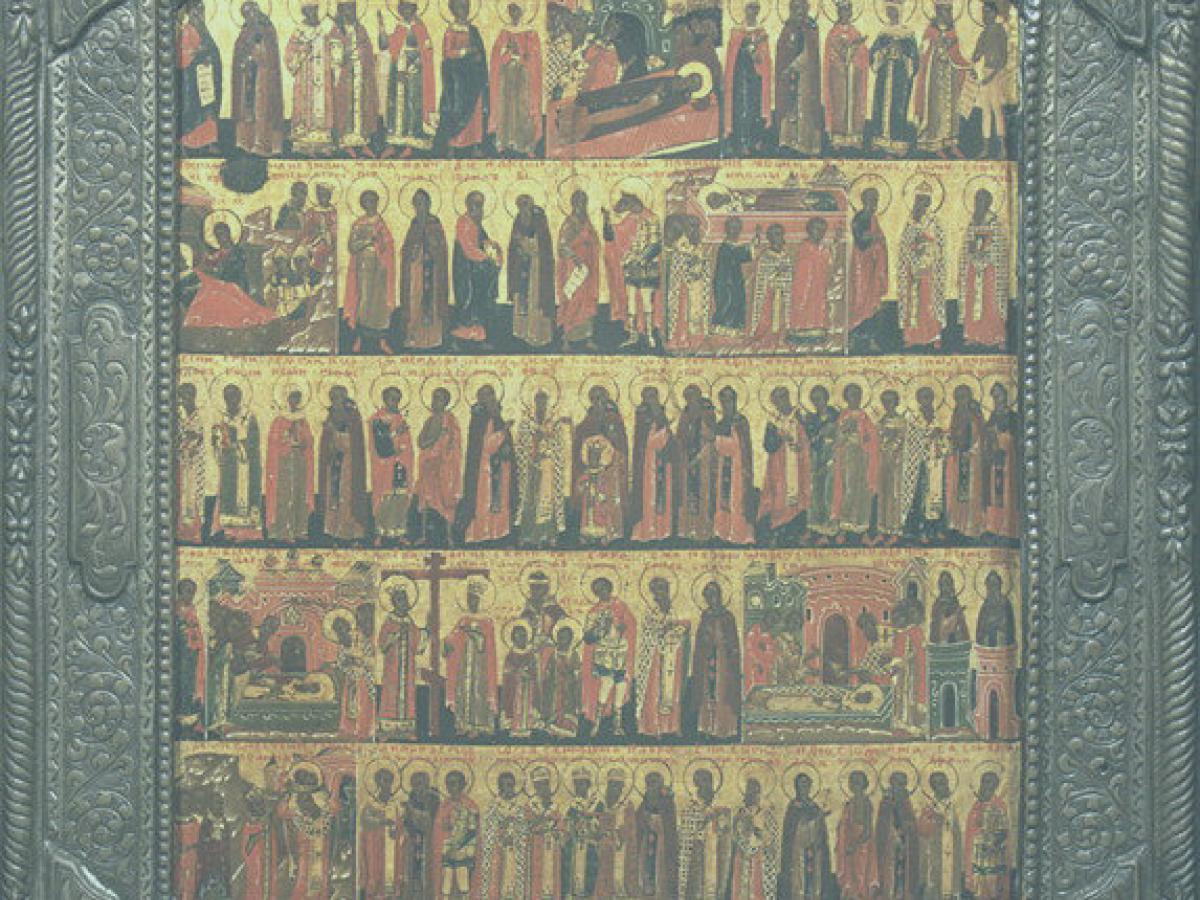
This article was first published on the Difference blog of the Reconciliation Leaders Network. The network was established as part of the Archbishop of Canterbury’s Reconciliation Ministry.
In her book, Shalom Sistas: Living Wholeheartedly in a Broken World, my dear friend, and peacemaking conspirator, Osheta Moore defines enemy as anyone or any group that exists beyond the reach of my empathy.
I don’t like the idea that I have enemies. I prefer to congratulate myself for crossing divides into transforming relationships with those who have been marginalized by power. I certainly don’t like her suggestion that there are people or groups of people that exist beyond the reach of my empathy. For it asserts that I play a role in constructing my enemies and that, as john a. powell argues, my “circle of human concern” is far too small.
Not long ago, I was confronted by both my expertise in constructing enemies and the limit of my empathy’s reach.
I had been shot twice by non-lethal rounds while holding a non-violent line between protestors and law enforcement.
It was the early months of the COVID-19 pandemic and a time saturated with upheaval. Migrant and refugee communities were disproportionately impacted by the pandemic. The Black lives of Ahmaud Arbery, Breonna Taylor, and George Floyd had been prematurely extinguished by White vigilantes and law enforcement. A next racial revolution was at hand, and I was privileged to be a part of political advocacy efforts, direct non-violent action, and creative civil disobedience. I had been shot twice by non-lethal rounds while holding a non-violent line between protestors and law enforcement with fellow clergy, giving me a tangible experience of absorbing state-sanctioned violence on behalf of those who have been for generations. In local protests, White militia groups would regularly descend in acts of intimidation with diesel trucks, offensive flags, and guns.
While I was contending with those disadvantaged by inequitable uses of power, I didn’t realize that I was fabricating a new enemy.
After months of this, I and my family were fatigued and in dire need of a change of scenery. So, we loaded up our camper and embarked upon an off-the-grid adventure in the wild wonderland that is U.S. America’s Pacific Northwest. We set up camp next to a high-alpine lake and were thrilled to have the entire place to ourselves. My enthusiasm waned as the sound of a diesel engine drew near to our camp. My joy evaporated when an enormous truck towing a camper trailer, stickered with brash political statements, parked right next to us.
In my mind, our tranquility had been invaded by folks of the other political persuasion who clearly had no regard for the unknown dangers of COVID-19. Without even seeing their faces, I concluded that these were the ones who stood on the side of the very injustice I was fighting against.
In my daughter’s mind, we had some new neighbors to build relationships with.
For hours, the five of them built friendships while I deepened my fabricated narrative about who these people were and why they were parked right next to us.
Within moments, she introduced herself and volunteered to organize a water adventure with her brothers and their two kids. For hours, the five of them built friendships while I deepened my fabricated narrative about who these people were and why they were parked right next to us.
I’d like to say that we crossed over to their camp and introduced ourselves, but I can’t. Rather, it was the two adults from their camp that crossed over to ours. They wanted to meet the parents of the extraordinary young woman who lived with such relational intention.
As they drew near, my fabrications seemed to be confirmed. Both of them wore t-shirts plastered with American flags, guns, and imagery that boasted their preference for law enforcement over Black lives. His and her lower lips bulged with wads of tobacco and they both wore handguns on their hips. They introduced themselves and proceeded to rave about my daughter…which softened my heart toward them.
While in conversation, I could sense that he was evaluating my camp. Eventually, he shared his two observations. First, he saw my bow. I had recently taken up archery with the intention of learning how to hunt for elk in the forests of my homeland. I liked the idea of ethically harvesting meat for my family and knew that I needed a lot of practice in order to be successful. I had brought my bow with me so that I could practice and he indicated that he had brought his bow as well. Second, he saw that I had an insignificant amount of firewood for the length of time we’d be camping. With a grin, he declared that he hadn’t brought any firewood. Then, after motioning to the fallen trees around us, mentioned that he had a chainsaw instead.
I invited him to shoot his bow with me. He offered to cut more firewood for us. A nominal invitation and the offer of generosity sparked an uncommon friendship that is transforming me.
Our families spent the weekend together, sharing meals, extended fireside conversations, and wilderness adventures. We shot arrows at targets and I heard tales of his elk-hunting adventures. At the conclusion of our not-so-solitary camping trip, I asked him if he’d be willing to teach me how to hunt elk. He responded with an emphatic “Yes!” and invited me to join him in the woods one month from then.
Thirty days later, the two of us met in what seemed to be the fusion of a mythical jungle with a magical pine forest. It was dark and steep and the brush was impossibly thick. For hours, we hiked together up and down mountains: he was the teacher, and I was the student. That evening we found ourselves around another fire, preparing our food together yet again.
With our meal plated, he opened our next conversation with this: “So, I’ve been researching you online.” He proceeded to share with me that he had seen images of me in protests and war zones, with political leaders, movement leaders, and faith leaders. He had read many of my reflections about peace and justice and saw that I had even written a book about it. He closed with, “I gotta know. What are you?! FBI? CIA?”
I didn’t perceive his question as a threat, but rather, as a next invitation.
After a good laugh, I explained more about who I am, what I do, why I do it, and how my faith is the fuel behind all of it. As I did, it dawned on him that I represented those on the other side of his political and ideological persuasion. At one point he leaned back from the fire, his 9mm pistol glistening with its reflection, and declared to me that he was an avowed Three Percenter.
In the U.S., Three Percenter is a term utilized by White militia groups based on the myth that only three percent of settlers were willing to pick up arms and fight for independence during the Revolutionary War. It is a designation for those who are willing to pick up arms again when they sense that their rights and advantages are being tread upon.
After his declaration, he asked, “Is that going to be a problem?”
I didn’t perceive his question as a threat, but rather, as a next invitation. I understood him as wondering aloud if the divide between his ideology and mine was too expansive for us to continue building a friendship.
I responded with this: “Your convictions and the way they shape your life are different from my convictions and the way they shape mine. Yet I sense that we both wonder if bridging the gap between us into a friendship is better than remaining enemies on opposite sides. For us to do so would likely make ours among the most uncommon friendships in the Pacific Northwest. I’m in if you are.”
With a nod, he leaned back in and we finished our dinner, reflecting on all that we had experienced that day. With the rise of the sun, we were back on the trails, but the conversation had shifted. He began to open up his life to me with surprising vulnerability and I did the same. We began to recognize that what we shared in common far outweighed our differences. As the miles grew, so too did the reach of my empathy.
Three years later, our friendship continues to deepen and it’s transforming me. I find myself reflecting frequently on Jesus’ revolutionary teaching on enemy-love. I’m inspired by the notion that Jesus was the only one who ever took us beyond convenient understandings of neighbor-love to love of enemy. I’m learning that in order to love my enemy, I must first understand my enemy. To do so requires that I confess my efficiency at fabricating enemies, lament the limits of my empathy, and dare to cross over any divide equipped with curiosity and compassion.






